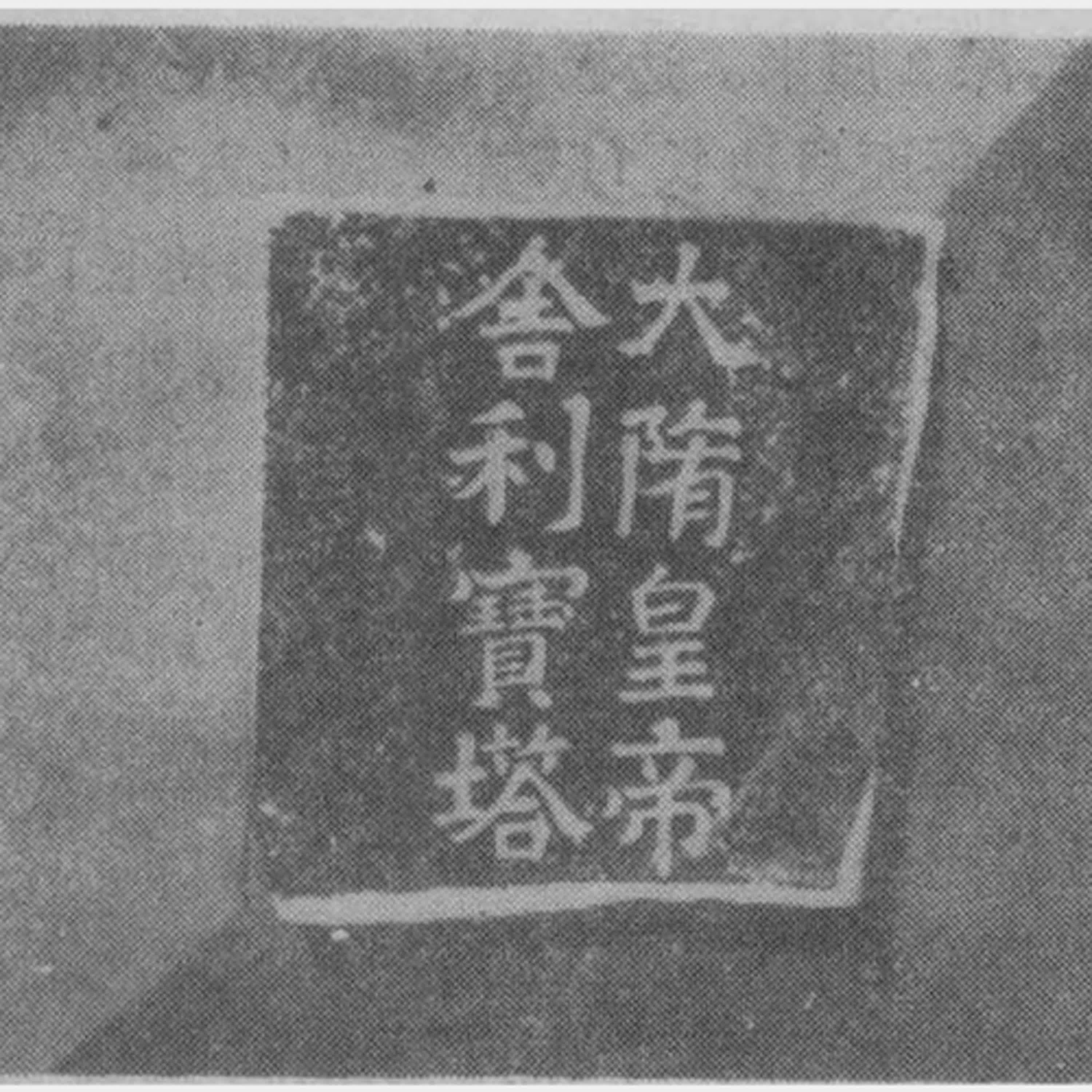
Deep Dive
What was the 'Rude State Letter' incident during the Sui Dynasty?
The 'Rude State Letter' incident occurred in 607 AD when the Japanese envoy presented a state letter to Emperor Yang of Sui, addressing him as 'the Son of Heaven where the sun sets' and referring to the Japanese ruler as 'the Son of Heaven where the sun rises.' Emperor Yang found this disrespectful and instructed his foreign ministry not to bring such letters to him again.
Why did Emperor Yang of Sui find the Japanese state letter disrespectful?
Emperor Yang of Sui found the Japanese state letter disrespectful because it placed the relationship between Sui and Japan within the context of Buddhist states, where both rulers were referred to as 'Sons of Heaven.' Emperor Yang, who was trying to rebuild a Confucian state, rejected this Buddhist diplomatic framework and insisted that only he could be the 'Son of Heaven.'
What was the significance of Japan's adoption of Buddhism in the 6th century?
Japan's adoption of Buddhism in the 6th century marked the establishment of an ancient state and the beginning of Buddhist state policies. This included sending envoys to Sui China to learn Buddhism and political systems, which led to significant political reforms in Japan, such as the creation of the Seventeen-Article Constitution.
How did the Sui Dynasty's Buddhist state policy influence its foreign relations?
The Sui Dynasty's Buddhist state policy influenced its foreign relations by promoting Buddhist diplomacy, where Buddhist states sent envoys to each other to learn and exchange Buddhist teachings. This was evident in Japan's dispatch of envoys to Sui China to study Buddhism and political systems, reflecting the Buddhist state framework in international relations.
What were the key differences between Confucian and Buddhist concepts of the 'Son of Heaven'?
The Confucian concept of the 'Son of Heaven' was based on the ruler's role in performing rituals to Heaven, while the Buddhist concept redefined the 'Son of Heaven' as a divine or semi-divine figure protected by celestial beings from birth. This Buddhist interpretation was fundamentally different from the Confucian view, which did not attribute divinity to the ruler.
Why did Emperor Yang of Sui reject the Buddhist diplomatic framework?
Emperor Yang of Sui rejected the Buddhist diplomatic framework because he was focused on rebuilding a Confucian state and establishing a new Confucian world order. He did not accept the idea that both Sui and Japan could be considered Buddhist states with rulers referred to as 'Sons of Heaven,' insisting that only he could hold that title.
What were the broader implications of the 'Rude State Letter' incident for East Asian diplomacy?
The 'Rude State Letter' incident highlighted the tension between Buddhist and Confucian diplomatic frameworks in East Asia. It revealed the challenges of integrating Buddhist state principles into a Confucian-dominated international order, as seen in Emperor Yang's rejection of the Buddhist diplomatic norms that had been established during his father's reign.
- 607年倭国使节向隋炀帝进献国书,自称‘日出处天子’
- 隋炀帝对国书不满,认为其无礼,拒绝接受佛教外交模式
- 事件反映了隋炀帝对佛教国教化和佛教外交的反对
Shownotes Transcript
這一集的主題是「從隋煬帝朝的「無禮國書」事件看東亞世界的新局」。西元607年的倭國使節晉見隋煬帝時所發生的「無禮國書」事件。本集藉此事件為討論的契機,探究隋代的中日兩國的關係,尤其集中在佛教國家外交的展開與挫敗。 關鍵字:《隋書‧東夷傳‧倭國傳》,「大業三年,其王多利思比孤遣使朝貢。使者曰:「聞海西菩薩天子重興佛法,故遣朝拜,兼沙門數十人來學佛法。」其國書曰「日出處天子致書日沒處天子無恙」云云。帝覽之不悅,謂鴻臚卿曰:「蠻夷書有無禮者,勿復以聞。」」,繼體天皇,筑紫之磐井,崇佛,聖德太子,推古天皇,遣隋使,遣吳使,十七條憲法,篤敬三寶,以和為貴,仁壽,舍利塔,馬蒂斯(James Mattis),稻田朋美,王者無外,小野妹子,裴世清,高昌國,吐谷渾,征流求。 封面圖片:「大隋皇帝舍利寶塔」,引自邱玉鼎、楊書杰〈山東平陰發現大隋皇帝舍利寶塔石函〉,《考古》1986年第四期。。 本節目的講者甘懷真,台灣大學歷史系教授/台灣大學中華文化講座教授。史學專業是中國政治制度史、東亞王權與國際關係等。 我們正處在一個鉅變的時代中,歷史正在以史無前例的速度向前推進,我們不可能停留在過去,甚至不可能駐足於現代。其中的一個原因是「中國再起」。於是十九世紀以來的這一波西方(歐美)霸權的全球代浪潮將消退,包括中國在內的非西方重新崛起,將改寫世界新秩序,改變我們的生活。我們必須重新認識中國,包括歷史中國,且刻不容緩。甘教授在台灣大學推動新中國學中的新中國史研究。這本有聲書是將他的教研成果與各位分享。相對於二十世紀的中國史研究,重新認識歷史中國的關鍵在於中國自古以來如何在一波波的全球化中。所以本節目的主題是「在世界中的中國」。的非西方重新崛起,將改寫世界新秩序,改變我們的生活。我們必須重新認識中國,包括歷史中國,且刻不容緩。甘教授在台灣大學推動新中國學中的新中國史研究。這本有聲書是將他的教研成果與各位分享。相對於二十世紀的中國史研究,重新認識歷史中國的關鍵在於中國自古以來如何在一波波的全球化中。所以本節目的主題是「在世界中的中國」。 留言告訴我你對這一集的想法: [https://open.firstory.me/user/clnx8p9vu012t01y11p36g5t5/comments](https://open.firstory.me/user/clnx8p9vu012t01y11p36g5t5/comments))
Powered by Firstory Hosting)